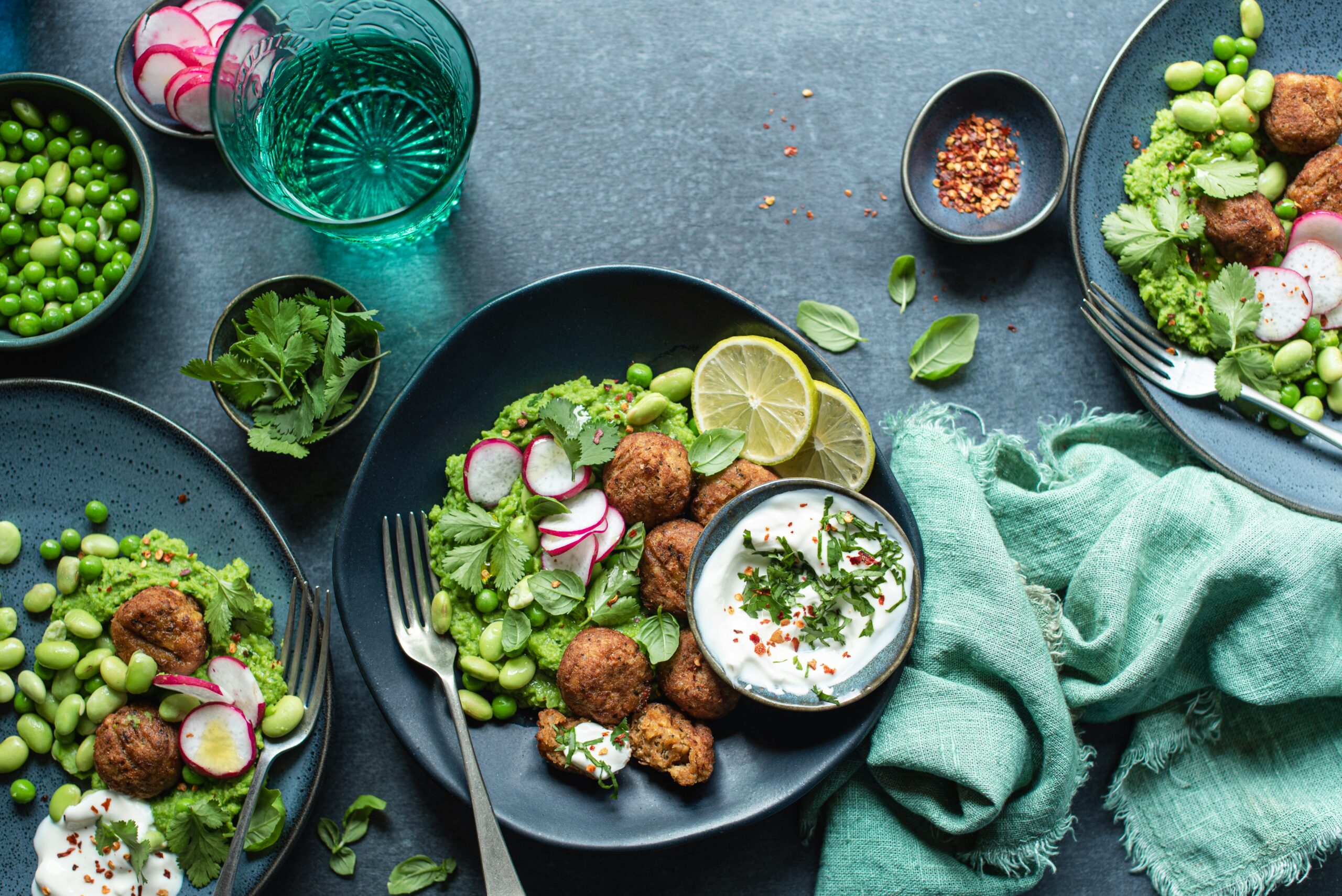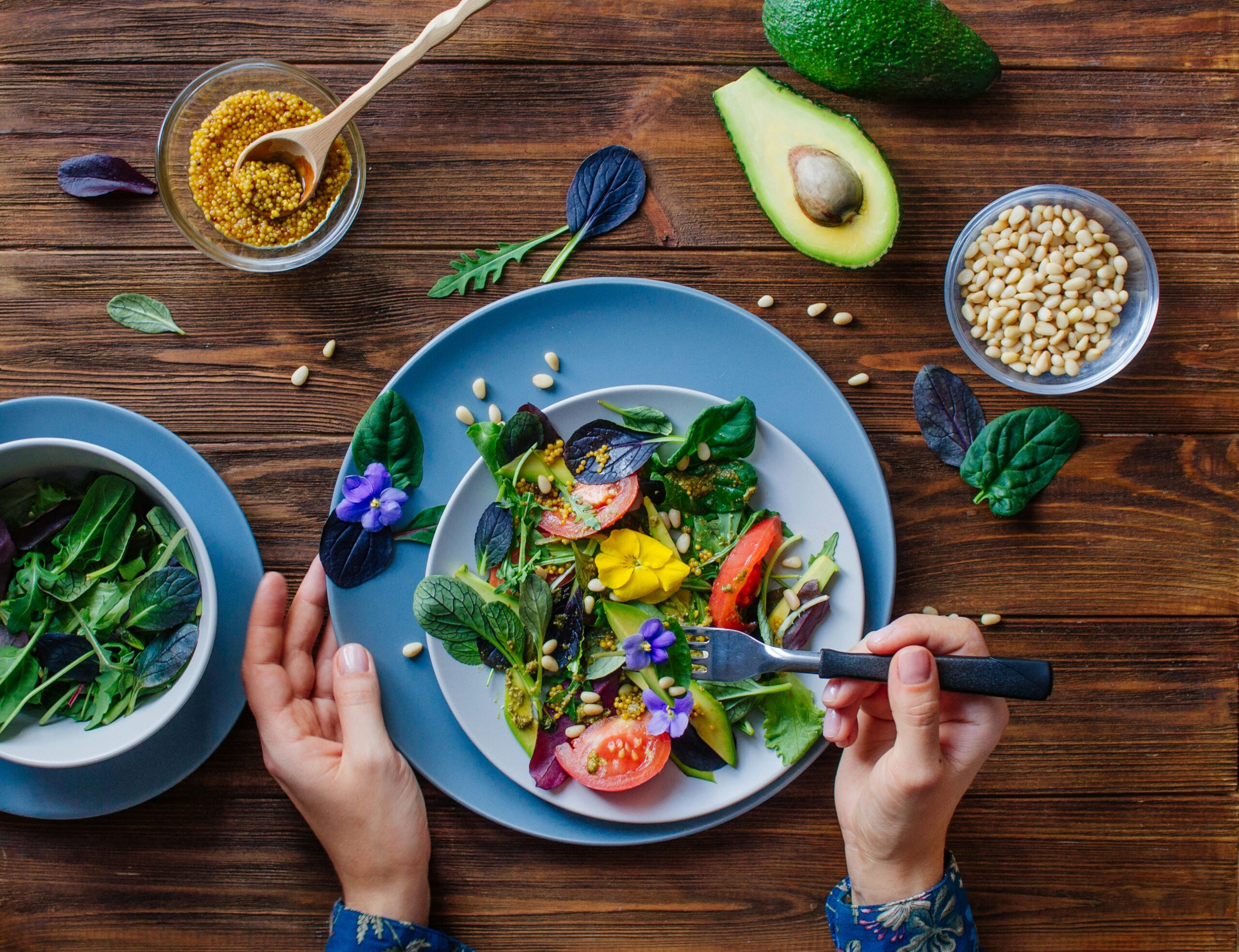Exploring the world of plant-based diets can seem like a daunting task for beginners, but with the right guidance, it can be a rewarding journey towards improved health and well-being.
Understanding Plant-Based Diets
Plant-based diets focus on foods primarily from plants, including not only fruits and vegetables but also nuts, seeds, oils, whole grains, legumes, and beans. This doesn’t necessarily mean you are vegetarian or vegan and never eat meat or dairy. Rather, you are proportionately choosing more of your foods from plant sources.
Why Consider a Plant-Based Diet?
Research has shown that plant-based diets are associated with numerous health benefits. A study from the American Heart Association indicates that a diet rich in plant-based foods can lower the risk of heart disease, stroke, and some cancers.
“A balanced plant-based diet can provide all the necessary nutrients and more,” says nutritionist and wellness expert Lisa Richards.
Health Benefits Supported by Research
- Heart Health: Plant-based diets are linked to lower cholesterol levels and reduced risk of heart disease.
- Weight Management: These diets are often lower in calories and can help maintain a healthy weight.
- Diabetes Prevention: A plant-rich diet can improve blood sugar control and reduce the risk of type 2 diabetes.
Personal Journey to Plant-Based Eating
Transitioning to a plant-based diet transformed my energy levels and overall health. Initially, I started with small changes, like incorporating more vegetables into meals and finding plant-based alternatives for my favorite dishes.
Getting Started: Tips for Beginners
- Start Small: Begin by replacing one or two meals a week with plant-based options.
- Explore New Foods: Experiment with different grains and legumes to keep meals exciting.
- Educate Yourself: Learn about nutritional needs to ensure a balanced diet.
- Plan Meals: Having a meal plan helps maintain a variety of nutrients in your diet.
Simple Plant-Based Meal Ideas
| Meal | Main Ingredients |
|---|---|
| Breakfast Smoothie | Banana, spinach, almond milk, chia seeds |
| Quinoa Salad | Quinoa, cherry tomatoes, cucumber, lemon dressing |
| Lentil Soup | Lentils, carrots, celery, vegetable broth |
| Stir Fry | Tofu, broccoli, bell peppers, soy sauce |
| Chickpea Curry | Chickpeas, coconut milk, curry powder, spinach |
| Veggie Tacos | Black beans, avocado, corn tortillas, lime |
| Oatmeal | Oats, almond milk, berries, flaxseeds |
| Stuffed Peppers | Bell peppers, quinoa, black beans, salsa |
Frequently Asked Questions
Can I get enough protein on a plant-based diet?
Yes, plant-based diets can provide ample protein from sources like beans, lentils, tofu, and quinoa.
Do I need to take supplements?
While a well-planned diet can meet most nutritional needs, some people may need supplements like vitamin B12.
Conclusion
Embracing a plant-based diet can lead to numerous health benefits and is easier than you might think. By starting with small changes and gradually incorporating more plant-based meals, you can improve your diet and overall health. Remember to keep learning and exploring new foods, and don’t hesitate to seek advice from nutrition experts. Ready to take the plunge? Start today with a small step towards a healthier you.




Leave a Reply